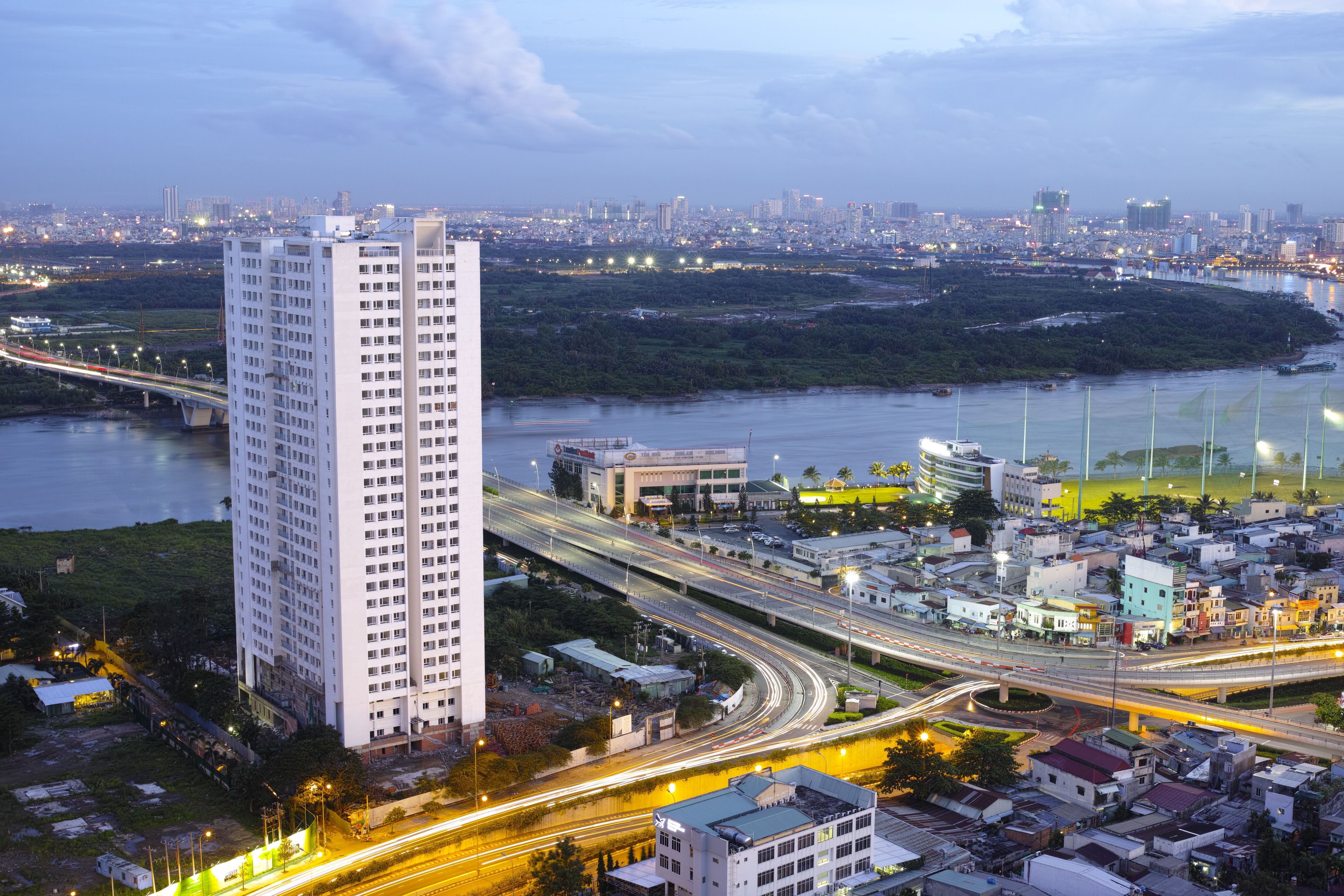 We all have little pet peeves and annoyances that irritate us to no end. If you’re anything like me, you’re likely to notice the fast pace and noise of highways.
We all have little pet peeves and annoyances that irritate us to no end. If you’re anything like me, you’re likely to notice the fast pace and noise of highways.
It can make an already-existent headache a lot worse. And imagine how bad it can get if you live close to a congested artery.
Advertisement
However, the noise and exhaust aren’t just an annoyance. New research is showing they’re bad for your physical health, too!
When traffic takes a toll
That’s because traffic pollution and traffic-related noise may be linked to an increased risk of high blood pressure, according to a new study by the Brown University School of Public Health, published by the Journal of the American Heart Association.
Researchers found that among more than 5,000 postmenopausal women living in California’s San Diego County, those who lived within 109 yards of a busy road experienced a 22 percent greater risk of developing high blood pressure. That’s compared to women living at least half a mile away. So the blood pressure risks are real.
RELATED READING: You are definitely at risk for heart disease if…
To make sure they were testing the association between proximity to a highway and blood pressure, researchers also took into account other factors, like age, ethnicity, education, income, cholesterol level, weight and height, as well as overall physical activity.
Of course, the study doesn’t prove without a shadow of a doubt that living near a highway actually causes high blood pressure. It only reveals an association between the two. Still, because most Americans now live in urban areas – that’s roughly 80 percent – understanding the health effects of living in an urban environment is key whether it is for the good of the community, or for public health officials and city planners.
How to lower your risk
Generally, high blood pressure can lead to heart attacks, stroke, heart failure, kidney failure and premature death from heart disease. Short of moving away from all the traffic, there are other things you can do to lower your overall risk of high blood pressure without medication.
The Mayo Clinic suggests that you maintain a healthy weight for starters. Blood pressure often increases as your weight does. Just losing 10 pounds can help to reduce your blood pressure.
Try exercising regularly, too. It may feel like a big adjustment if you are used to sitting down a lot of the time. But start small and work up to at least 30 to 60 minutes every day. It can help to lower your blood pressure by 4 to 9 millimeters of mercury (mm Hg) within weeks. And that’s good! Eating a diet that’s rich in whole grains, fruits, vegetables and low-fat dairy products, but low in saturated fat and cholesterol, can also help to lower your blood pressure by as much as 14 mm Hg.
RELATED READING: Why the next few months are critical for your heart
Avoid these common habits
Similarly, reducing sodium in your diet can reduce blood pressure by 2 to 8 mm Hg. Limiting the amount of alcohol you drink can be both good and bad for your health, though. In small amounts, it can lower your blood pressure by 2 to 4 mm Hg. But that health benefit is completely lost if you drink too much!
Advertisement
Another good idea is avoiding tobacco products and secondhand smoke. The nicotine in tobacco products can raise your blood pressure by 10 mm Hg or more. That’s up to an hour after you have a cigarette.
Whatever you do to keep your blood pressure down, remember to count on your family and friends. They can encourage you to take better care of yourself, and get you to your doctor if need be. Or consider joining a support group. This can put you in contact with people who can give you that boost in morale and support to lower your overall blood pressure.
While you’re at it, as this study shows, keeping yourself away from the highway’s hustle and bustle might not be a bad idea, either! There is something to be said about a calm and quiet environment after all.
